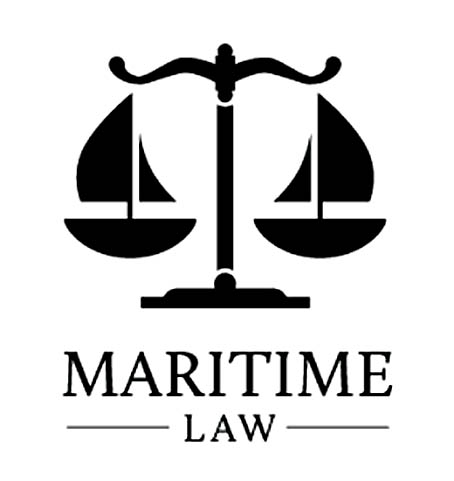With the boating season coming to a close and the holiday season approaching, readers may shift their focus away from the water and toward winter-related activities. Many boats are shrink-wrapped and settled in for colder months that bring holiday festivities, family gatherings, not to mention rising energy costs.

Some might use the longer nights to catch up on reading. While that doesn’t usually bring to mind the fine print of one’s insurance policy, which can be far less interesting than stories about historic ships or circumnavigating the globe, it can be valuable reading nonethele
Although reviewing an insurance policy can be tedious, there’s good information in there that it pays to be familiar with. Not only that, but insurance policies have evolved over the years to meet risks that we didn’t have thirty years ago, due to advances in technology. This includes things like cyber threats, which was never an issue before ships had their electronic navigation systems hacked.
Since the insurance industry covers many different settings, ranging from kids in 13-foot Boston Whalers to uninspected-passenger-vessel fishing charters to fleet operators of commuter ferries, policyholders look for things relevant to their needs.
Some basics apply across the board in terms of fundamental components. Just as with an auto policy, vessel coverages include protection for property damage, as well as protection for liability claims from other operators.
Similar to auto policies, marine policies cover physical damage and liability. Physical damage is akin to collision and comprehensive of an auto policy. It covers hull, machinery, auxiliaries, and attached equipment. Covered losses include theft, fire, sinking, collision, grounding, and other risks. Physical damage can be based upon replacement value or agreed value. Agreed value means an exact dollar figure agreed to in the policy.
Third-party claims are covered in the liability portion of the policy, which include the claims of others for personal injury or damage to property. Coverage operates similarly to the liability section of an auto policy, and provides protection for losses such as boating accidents or other incidents.
Although these two components are the fundamentals, there are also available coverages for medical payments, uninsured boaters, oil spills, and wreck removal. Personal effects coverage includes losses for sports gear, fishing gear, clothing, etc. Naturally, cash or jewelry is not generally included in there.
Uninsured boater coverage provides protection against encounters with vessels that do not carry insurance, or that have fled the scene of an accident. Wreck removal covers the cost of removal, which under the law remains an owner’s responsibility. Towing and assistance coverage is intended for tows or other forms of help associated with soft groundings or similar casualties.
It’s worth noting that that towing coverage is not the same as salvage coverage. The latter could be a substantial claim for a percentage of a vessel that a salvor asserts after saving a vessel from a serious marine peril. Unlike gently resting on a sandbar until the tide comes in, this coverage envisions a claim for things like a commercial salvor bringing in barges or cranes to extricate a vessel grounded hard on rocks after it topped off its fuel tanks.
In keeping with the threats of the twenty first century, insurance policies now include coverage for cyber claims. While this may not be of relevance to the owner of a Pearson 26 sailboat or Mako 22 center console, it could be something that commercial operators think about, in terms of future autonomous vessels, artificial intelligence, and the risks of hacking. Commercial operators could also look closely at their coverages for lost revenues.
Although insurance is a necessary expense in operating a vessel, there are avenues for reducing premiums. These measures could include boating safety courses and a good driving record. Sensors, alarm systems, and other safety-related equipment could also reduce premiums.
Other measures that could result in savings include considering a higher deductible, although it could mean paying the first few thousand dollars of a claim out of pocket. Looking at a realistic geographic scope and operating season could also save money.
As we watch autumn give way to winter, please stay safe and keep our local businesses in mind when shopping. We wish all of you the best for a bright and wonderful Holiday Season! Tim, Erol
